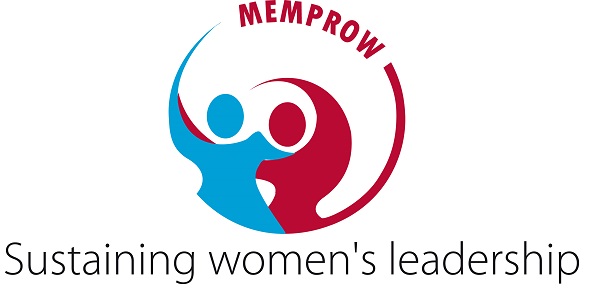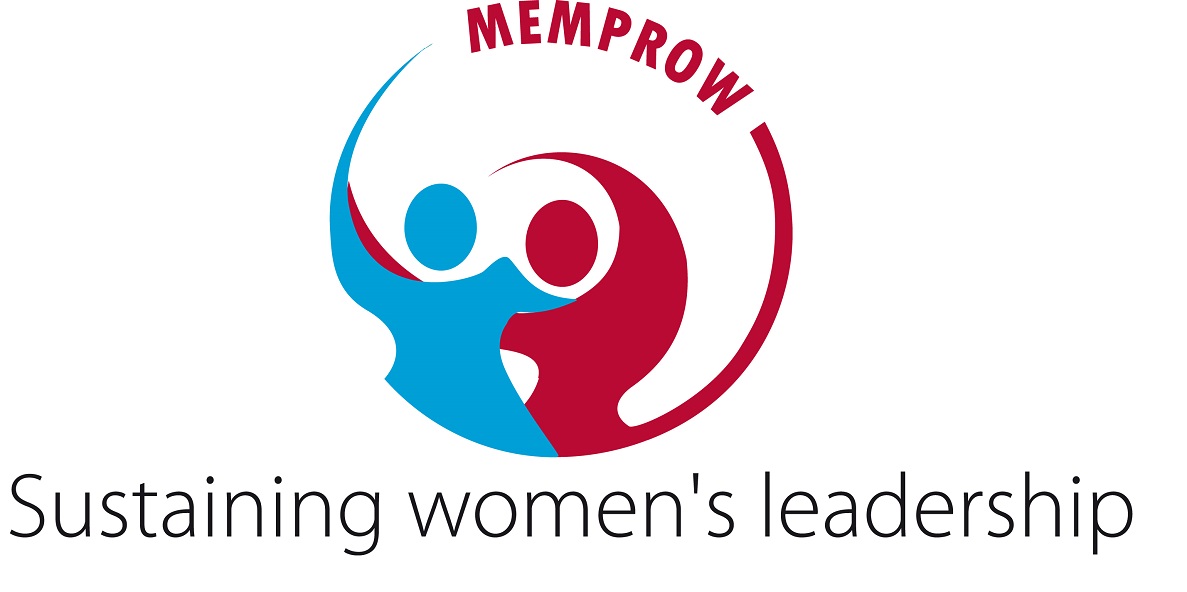 There has been progress in recent years to raise awareness of the difficulties girls and young women face managing their periods in school and home settings that may not provide suitable physical environments and social support.
There has been progress in recent years to raise awareness of the difficulties girls and young women face managing their periods in school and home settings that may not provide suitable physical environments and social support.
However, despite all these, research gathered from all around the world, particularly from rural and impoverished communities, suggests that girls continue to confront numerous obstacles to safe, clean, and dignified menstruation.
In honor of #MHD23, the MEMPROW Girls Network hosted a webinar with the title “How can we re-write the narrative of menstrual hygiene and poverty today?” to clarify the understanding resulting from these findings. This discussion with a diverse group of young people (boys and girls) identified a number of issues, including little to no information prior to the onset of menstruation, inadequate health education about menstruation and puberty, a lack of social support from teachers and peers for managing menses in school and from families, and inadequate access to water, sanitation, hygienic materials, and disposal infrastructure. More specifically, these obstacles continue to support the stigma around menstruation and the widespread gender-discriminatory physical surroundings, which results in behavioral limitations and emotions of taboo, stress, and shame that cause them to lag behind in their academic performance.
As a result, in July 23, the MEMPROW GIRLS’ NETWORK collaborated with the ICCARE Foundation and the Dare for the Future Initiative to carry out a significant menstrual hygiene campaign in three primary schools situated in the Kasokoso Slum, Kampala. This campaign involved students, teachers, and administrators from Devine Primary School, Focus Primary School, and Goodwill Community School, and it reached over 280 girls and 350 boys.
Menstrual hygiene education for girls in schools was the focal point of this campaign since it is essential to ensuring that girls succeed and realize their goals. The main goal was to give females the knowledge, encouragement, and supportive school environment they need to manage their periods with respect, safety, and comfort, with help from both boys and school authorities.
WHY CAMPAIGN IN SCHOOLS?
Girls’ menstrual hygiene and wellness should be strongly encouraged in schools. The majority of people (women) experience menstruation, a normal occurrence, but there is still little knowledge of it.
By offering thorough menstrual education, schools can aid in lowering knowledge barriers. education on subjects like the menstrual cycle, good hygiene habits, and menstrual product choices. Girls may learn more about their bodies and adopt better hygiene habits as a result.
In addition Schools may provide more opportunities for girls to learn how to make reusable menstruation products and to share their expertise with their peers, lowering the number of lost school days and boosting academic achievement giving girls access to necessary menstrual products and do not miss class because of their periods by supplying sanitary towels.
 WHO AND WHAT ARE THE MEMPROW GIRLS?
WHO AND WHAT ARE THE MEMPROW GIRLS?
The MEMPROW Girls’ Network is an informal group that is comprised of over 20,000 girls and young women whose main purpose is to contribute to feminist movement building through:
a. Peer mentoring of more girls and young women for effective feminist living including participation in
leadership and involvement in decision making
b. Collective organizing that results into protection, demand and access to girls/women’s rights
c. Creating safe spaces for continuous feminist learning, healing and feminism activism. The MEMPROW Girls Network provides space for continuous learning and peer mentoring. Effective
leadership of this network is fundamental for realization her purpose that is grounded by the feminist theory
and practices, and advocacy.






